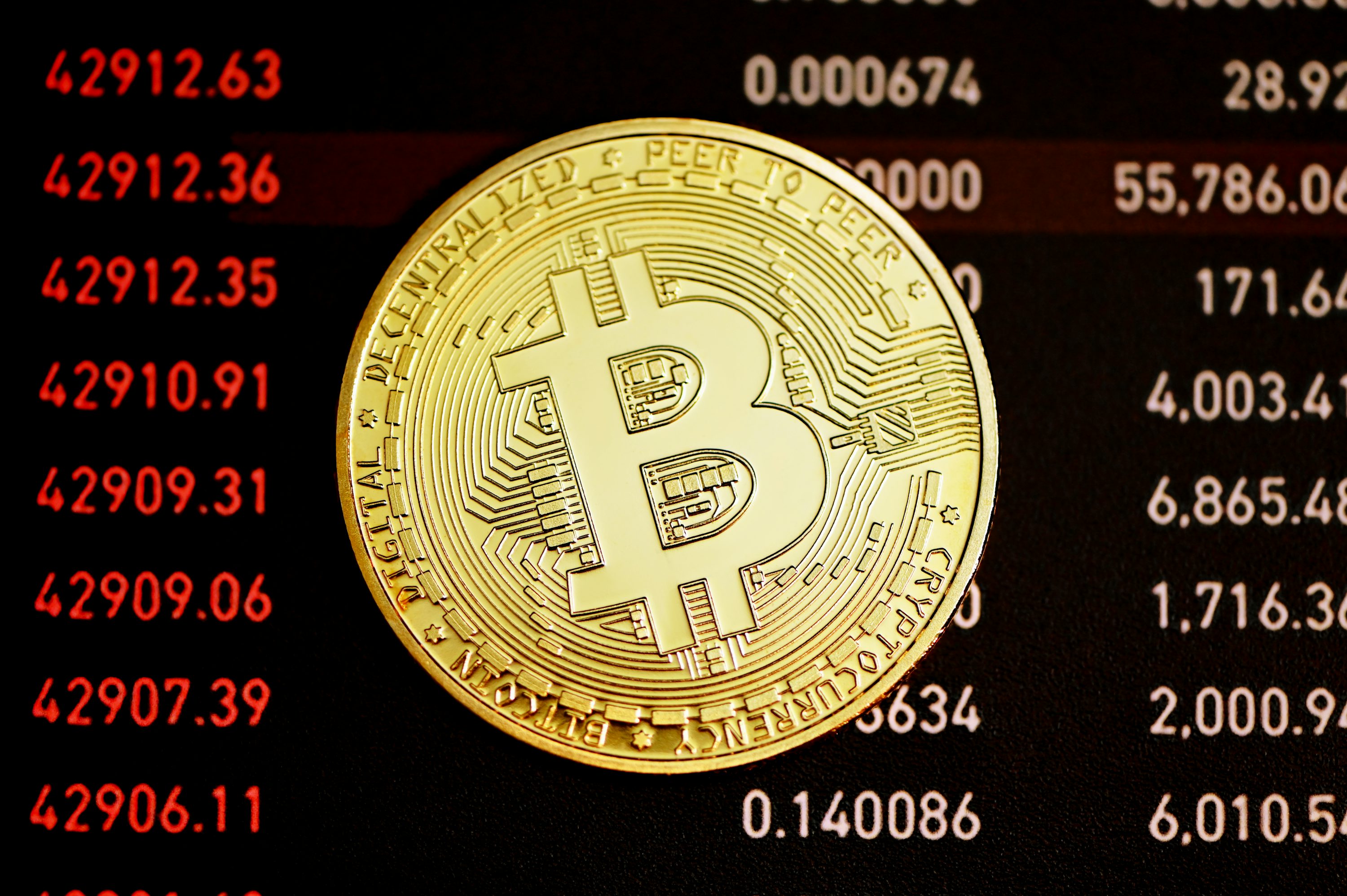The extension of the market hours is in sync with the increasing size of different domestic markets. The number of participants in different markets has also increased as has the diversity of products.
The new market timings for call money will be from 9 AM to 7 PM from July 1, instead of 9 AM to 5 PM.
The trading hours of market repo and tri-party repo (TREP) will be 9 AM to 4 PM from August 1. At present, market repo transactions for government securities closed at 2.30 PM while the tri-party repo for government dated stock closed at 3 PM, while corporate bond repos are being done until 5 PM.
The central bank took the decision after examining the recommendations by a working group, which reviewed the trading and settlement timings of financial markets, as well as the public comments. The report prepared by the group was published on the RBI’s website.
The group, set up in February, recommended preponing the timing of pre-announced LAF auction to 9:30 AM – 10:00 AM from 10:00 AM to 10:30 AM currently.Market trading hours are critical for the efficient functioning of financial markets, as they influence liquidity, volatility, and facilitate price discovery by ensuring timely incorporation of information into asset prices, RBI said in its report.The trading hours for the government securities market, foreign exchange market and interest rate derivatives market remain unchanged.
The last comprehensive review of market timings, for financial markets regulated by RBI — the government securities market, the money markets, the foreign exchange market and the markets for derivatives on interest rate, foreign exchange and credit — was undertaken in 2019.
Before the onset of the COVID-19 pandemic, financial markets in India broadly functioned from 9:00 AM till 5:00 PM. During the pandemic, market trading hours were truncated to minimise the risks arising from the outbreak.
The market hours were restored to their pre-pandemic level along with the graded roll-back of the lockdown.
(Disclaimer: Recommendations, suggestions, views and opinions given by the experts are their own. These do not represent the views of The Economic Times)













